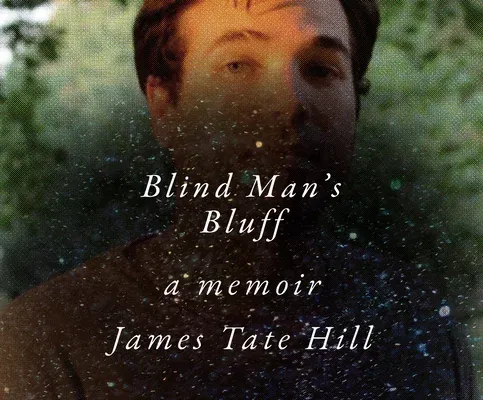James Tate Hill
(Author)Blind Man's BluffMP3 CD, 5 October 2021

Qty
1
Turbo
Ships in 2 - 3 days
In Stock
Free Delivery
Cash on Delivery
15 Days
Free Returns
Secure Checkout

Language
English
Publisher
Dreamscape Media
Date Published
5 Oct 2021
ISBN-10
1666503649
ISBN-13
9781666503647
Description
Product Details
Author:
Book Format:
MP3 CD
Country of Origin:
US
Date Published:
5 October 2021
Dimensions:
12.45 x
14.22 x
1.02 cm
ISBN-10:
1666503649
ISBN-13:
9781666503647
Language:
English
Publisher:
Weight:
45.36 gm